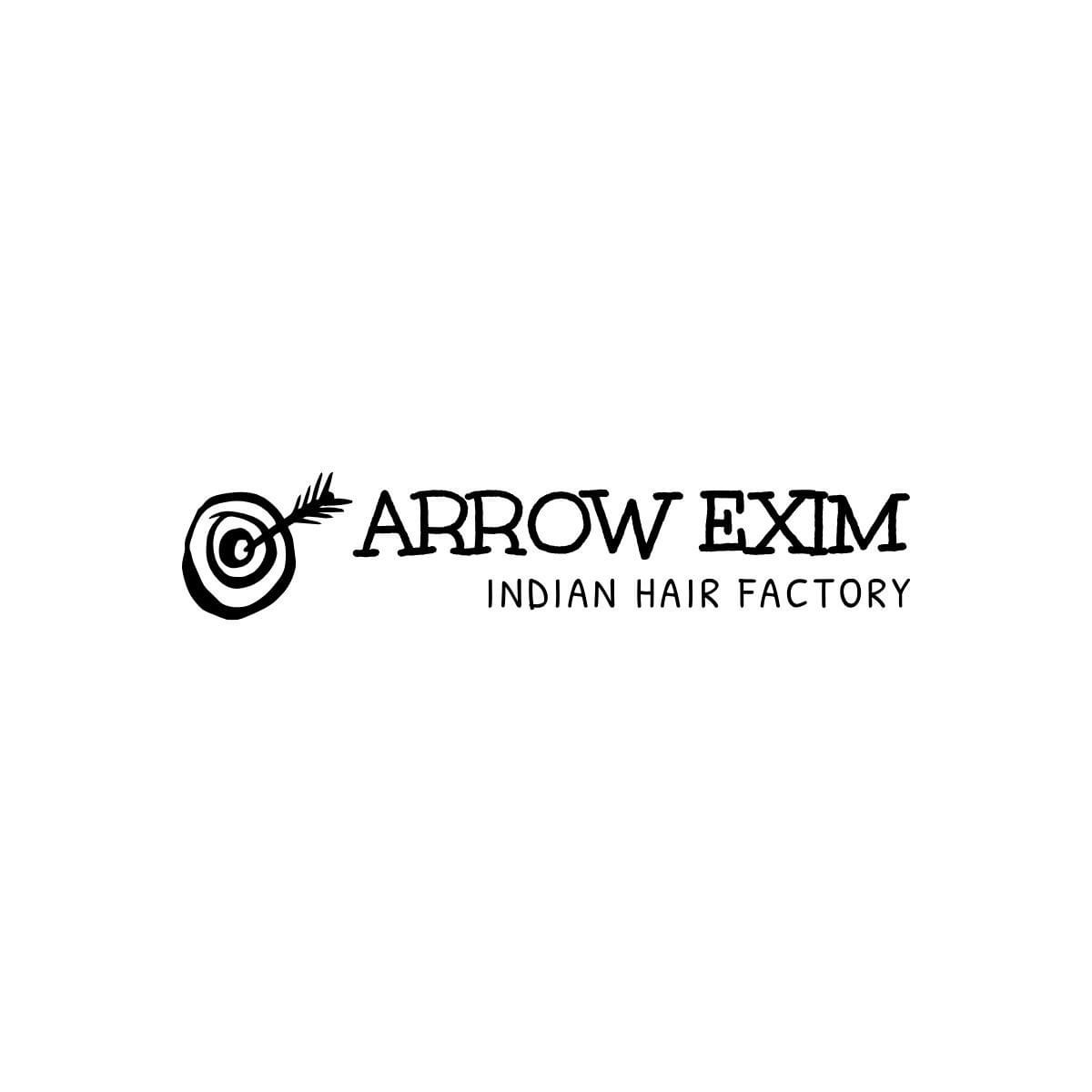Unveiling Sustainable Practices: The Evolution of Eco-Friendly Hair Extension Manufacturing
- Paneer Selvam
- Feb 24, 2025
- 4 min read
The beauty industry is witnessing a significant transformation, with sustainability at its core. This shift resonates strongly within the hair extension sector, as more consumers demand eco-conscious products. Manufacturers are responding by adopting green practices that not only cater to customer preferences but also mitigate environmental harm. This blog post delves into the rise of sustainable practices in hair extension manufacturing. We will explore the innovations, materials, and processes that are creating positive change for both the industry and the planet.
Understanding the Hair Extension Manufacturing Process
Hair extensions have become a key element of many beauty routines, allowing people to effortlessly change their hairstyles. Traditionally, the manufacturing process involved various steps that posed substantial environmental challenges. From sourcing raw materials to processing and packaging, each stage had a potential negative impact on the environment.
For instance, a significant portion of traditional hair extensions relied on non-renewable resources, alongside chemical treatments that contributed to pollution. In contrast, the focus on sustainable manufacturing is paving the way for improvements. According to a recent report, around 60% of consumers are now inclined to purchase beauty products that feature
sustainable sourcing and manufacturing processes.

The Shift Towards Eco-Friendly Materials
A major positive change in hair extension manufacturing is the move toward eco-friendly materials. Many brands are distancing themselves from synthetic fibers derived from petroleum, which are not biodegradable. Instead, they are opting for natural alternatives. For example, ethical human hair is increasingly being used, sourced from individuals who donate their hair, respecting both the donors and the environment.
Some manufacturers are also experimenting with synthetic fibers made from recycled plastics. For instance, brands like CANA are leading the way by using up to 25% recycled materials in their products, reducing plastic waste while maintaining quality.
Innovative Manufacturing Practices
Beyond changing materials, manufacturers are rethinking their production techniques. The use of natural dyes, for example, is on the rise. These dyes, derived from plants and minerals, significantly reduce the harmful chemicals that can leach into the environment. A survey found that companies using natural dyes saw a decrease in chemical waste by nearly 30%.
Furthermore, energy-efficient technologies are being adopted in manufacturing processes, helping to lower carbon emissions. Companies investing in energy-saving machinery reported reductions in their energy use by as much as 40%, contributing to a more sustainable future for the beauty sector.
Responsible Sourcing and Fair Trade
Responsible sourcing is an essential aspect of sustainable hair extension manufacturing. More companies are being transparent about the origins of their raw materials, ensuring that their suppliers adhere to fair trade practices. This approach allows workers in developing countries to earn a livable wage and work in safe conditions.
For example, brands that commit to fair trade sourcing have seen worker satisfaction ratings rise by up to 50%. This not only benefits the communities involved but also builds a more ethical supply chain that consumers can trust.
Waste Reduction Strategies
Effectively reducing waste is crucial for sustainable manufacturing, and the hair extension industry is adopting innovative initiatives. Companies are now prioritizing the recycling of leftover materials from the production process. This can include reusing hair waste in the creation of new products.
Additionally, brands like Great Lengths are leading the way by using compostable packaging materials. This helps to lower their environmental impact significantly. Research indicates that brands employing sustainable packaging can reduce their carbon footprint by approximately 30%.
The Rising Demand for Sustainable Products
The demand for sustainable hair extensions is growing as consumers become more aware of their purchasing decisions. Data shows that about 75% of shoppers now prefer brands that prioritize eco-friendly practices. As people learn about the environmental impact of their purchases, they are actively seeking brands aligned with their values.
This shift is essential for manufacturers. The constant feedback from eco-conscious consumers encourages companies to innovate and invest in sustainable practices, resulting in a more responsible marketplace.
The Role of Certifications and Eco-Labels
Certifications and eco-labels are vital for consumers looking to make informed choices about their purchases. These symbols help verify the sustainability claims made by hair extension manufacturers. For instance, the Global Organic Textile Standard (GOTS) is a common certification that assures customers of eco-friendly labor practices and materials.
With such labels, consumers can confidently choose products that genuinely prioritize sustainability. In fact, studies indicate that products with recognized eco-labels may increase sales by as much as 20%, reflecting the growing consumer support for responsible brands.
Challenges and Future Outlook
Despite the promising shift toward eco-friendly practices in hair extension manufacturing, challenges remain. Smaller businesses may find it difficult to invest in new materials and technologies. However, the long-term benefits of sustainable practices far outweigh the initial costs.
As demand for sustainable products continues to rise, companies will likely innovate further. We can expect to see breakthroughs in eco-friendly materials and processes, leading to broader adoption of sustainable practices in the hair extension sector.
Final Thoughts
The rise of eco-friendly practices in hair extension manufacturing marks an encouraging change in the beauty industry. Manufacturers are increasingly adopting sustainable materials and innovative technologies, providing consumers with access to ethical and environmentally responsible products.
With the growing demand for sustainability, the future of hair extensions will undoubtedly be shaped by manufacturers’ ability to adapt and prioritize green practices. By supporting these changes, consumers play a vital role in driving the industry toward a more sustainable future.
As we become more aware of our impact on the planet, the evolution toward eco-friendly practices in hair extension manufacturing reflects a shared commitment to a healthier world.





Comments